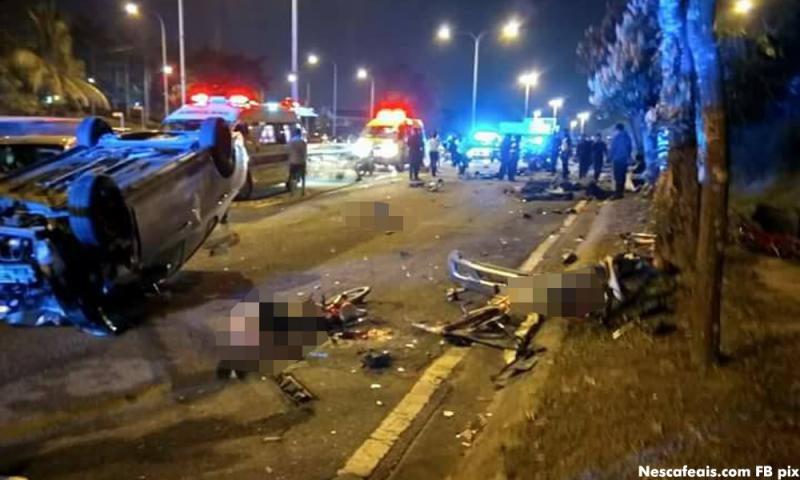
by Aidila Razak
COMMENT | I was a very obedient and sheltered child, so I am borrowing the story told to me by someone close to me and who shall remain nameless.
It is set in a middle-class Petaling Jaya residential area in the late 1990s and early 2000s.
It is a story of a teenage boy and his parents.
The youngest and only boy of three siblings, he was a treasured child.
He was ferried to and from extracurricular activities and his interest in competitive sports was supported to the point where he was competing at the state level.
Then he became a teenager.
The boy’s school was within walking distance of his home. Every morning, he would walk to school with a group of teenagers from the neighbourhood.
Some days, the same boys would jump the fence of the school and find themselves in places teenage boys shouldn’t be, but often are. Places like dingy arcades and smoky snooker joints.
After that, he would go home, and his parents, returning home from work in the late afternoon, would be none the wiser.
On some nights, at 1am or 2am, while his father’s snores reverberated across the otherwise silent home, the boy would sneak out of his bedroom and walk out the front door.
And with other boys out past curfew, they would get up to things that boys shouldn’t do. Sometimes involving violence, sometimes not. Sometimes illegal, sometimes just harmless fun, but always at an hour when no boy should be roaming the streets.
COMMENT | I was a very obedient and sheltered child, so I am borrowing the story told to me by someone close to me and who shall remain nameless.
It is set in a middle-class Petaling Jaya residential area in the late 1990s and early 2000s.
It is a story of a teenage boy and his parents.
The youngest and only boy of three siblings, he was a treasured child.
He was ferried to and from extracurricular activities and his interest in competitive sports was supported to the point where he was competing at the state level.
Then he became a teenager.
The boy’s school was within walking distance of his home. Every morning, he would walk to school with a group of teenagers from the neighbourhood.
Some days, the same boys would jump the fence of the school and find themselves in places teenage boys shouldn’t be, but often are. Places like dingy arcades and smoky snooker joints.
After that, he would go home, and his parents, returning home from work in the late afternoon, would be none the wiser.
On some nights, at 1am or 2am, while his father’s snores reverberated across the otherwise silent home, the boy would sneak out of his bedroom and walk out the front door.
And with other boys out past curfew, they would get up to things that boys shouldn’t do. Sometimes involving violence, sometimes not. Sometimes illegal, sometimes just harmless fun, but always at an hour when no boy should be roaming the streets.
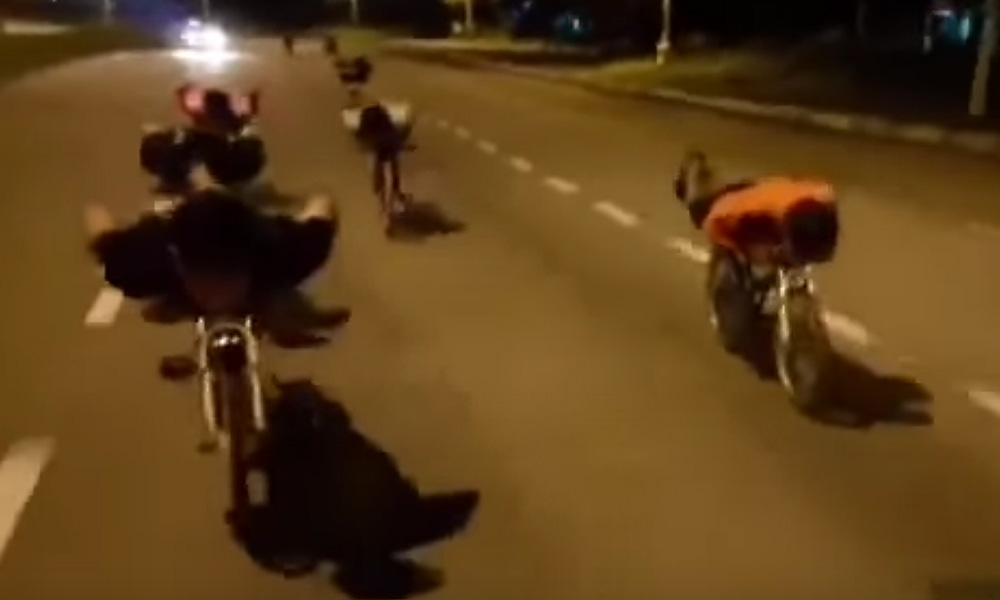
Then, regardless of what had happened, he would make his way home, and get back into bed before his mother got up.
By some stroke of luck, the boy survived his teenage years unscathed. Had he been unlucky, he could have been one of those boys run over by a driver minding her own business, driving within the speed limit.
But he was fortunate. No one died or went to jail. So his parents were never accused of negligence.
Teenagers on a romp
The basikal lajak tragedy is certainly not the first and only case involving teenagers on a romp, being where they shouldn’t be in the wee hours of the morning.
About a decade ago, Aminulrasyid Amzah, 14, was shot dead by police during a joyride in middle-class Shah Alam with a schoolmate, in his sister’s car. His mother didn’t even know he was gone at all when police showed up at her door.
At the time, I recall public sentiments were also split, with many defending the police for only doing their job - the boy was speeding, he didn’t heed instructions to stop, so on and so forth.
But amid these calls, I saw too how people empathised with the boy. They recalled how in their teenage years, they, too, snuck out and had a joy ride in their parents’ vehicles, but were never met with a hail of bullets.
And amid the sentiments of support for police, or empathy for the slain teen, I heard no one calling for his mother to be charged for being negligent.
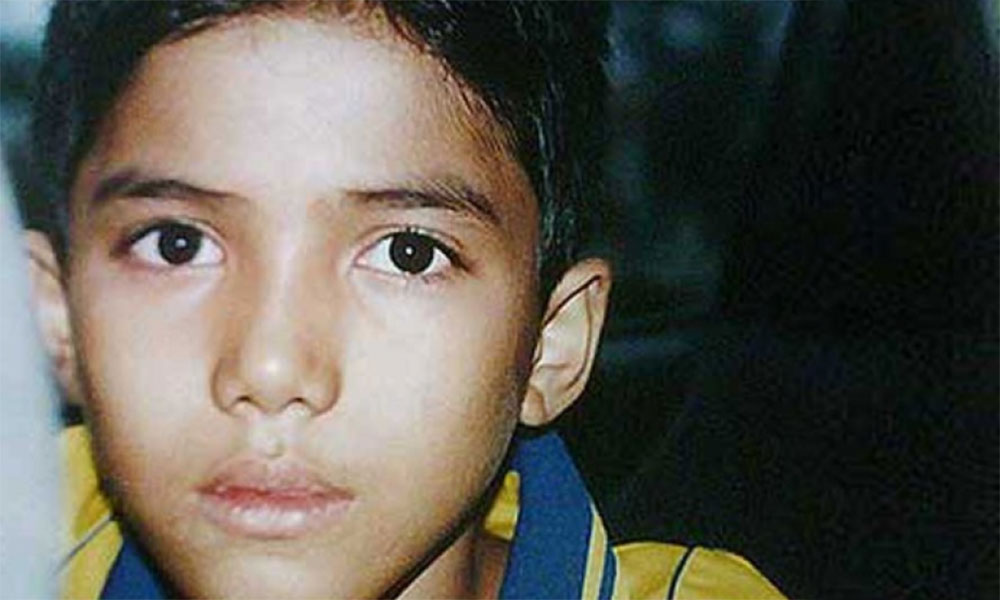
Aminulrasyid Amzah
Today, social media and the comment sections of news websites seem packed with calls for the parents of the teenagers who died in the basikal lajak tragedy to be hauled to court and be made an example for other parents.
“What was your boy doing on the highway at 3am? How did you not know he was not in bed safe and sound?”
Indeed, how is it that Aminulrasyid’s mother was unaware that her boy was gone? That he had driven off in his sister’s car? Didn’t she know he knew how to drive, at only 14?
And how did the Petaling Jaya middle-class parents remain completely unaware of their only son’s activities all those years?
How is it that we can find more empathy with these middle-class parents, but fail to do so for the parents of the basikal lajak boys, who died so tragically in this motor accident?
How is it that we so easily say the negligence stems from “unplanned breeding” (ugly words I have heard used to describe large lower-income families), when this could easily happen and has easily happened in better-off and “well-planned” families, too?
Our collective failure
Perhaps in our anguish that a young woman is jailed for something which she seemed to have no control over, we are desperate to find a villain.
In 2019, activist and writer Pang Khee Teik wrote he agreed the driver was not to be blamed for the incident.
In fact, the blame is on us, the society, for failing to provide safe spaces for children to express themselves and to support lower-income families in nurturing those children, he wrote.
Today, social media and the comment sections of news websites seem packed with calls for the parents of the teenagers who died in the basikal lajak tragedy to be hauled to court and be made an example for other parents.
“What was your boy doing on the highway at 3am? How did you not know he was not in bed safe and sound?”
Indeed, how is it that Aminulrasyid’s mother was unaware that her boy was gone? That he had driven off in his sister’s car? Didn’t she know he knew how to drive, at only 14?
And how did the Petaling Jaya middle-class parents remain completely unaware of their only son’s activities all those years?
How is it that we can find more empathy with these middle-class parents, but fail to do so for the parents of the basikal lajak boys, who died so tragically in this motor accident?
How is it that we so easily say the negligence stems from “unplanned breeding” (ugly words I have heard used to describe large lower-income families), when this could easily happen and has easily happened in better-off and “well-planned” families, too?
Our collective failure
Perhaps in our anguish that a young woman is jailed for something which she seemed to have no control over, we are desperate to find a villain.
In 2019, activist and writer Pang Khee Teik wrote he agreed the driver was not to be blamed for the incident.
In fact, the blame is on us, the society, for failing to provide safe spaces for children to express themselves and to support lower-income families in nurturing those children, he wrote.
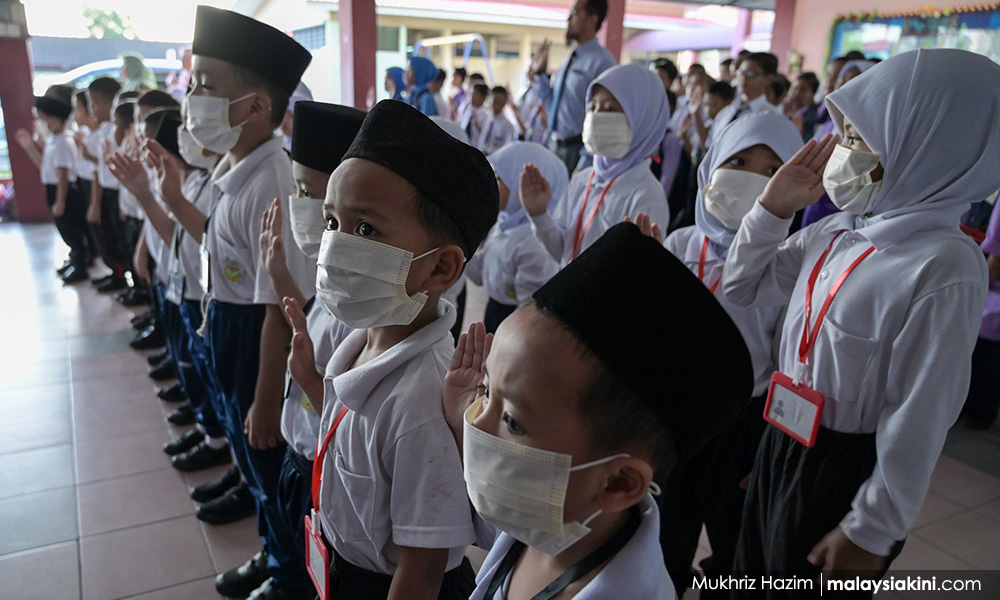
And now, instead of working to remedy this, we want to solve the social issue by criminalising the parents because we think it is just a case of a few bad parents. That it is not our problem. Not our children.
Scathingly, he observed, we see these children “as symptoms of another class, as unproductive pests”.
“And we want to protect our good kids from being harmed by this class,” he wrote.
I am not as eloquent as Pang, but in the same way, these basikal lajak boys reminded me of a teenager whose family I interviewed in their tiny PPR flat a few weeks after he was shot dead by police, from a vantage point.
The police said he was involved in a robbery, but this is disputed by the family. Dead boys cannot defend themselves.
On the night he died, his parents were working late at their tom yam stall next to the flats, from where they saw him playing in the flat compound.
They didn’t realise he was gone until they came home in the wee hours of the morning, to find him missing from his bed. By then, he was already dead.
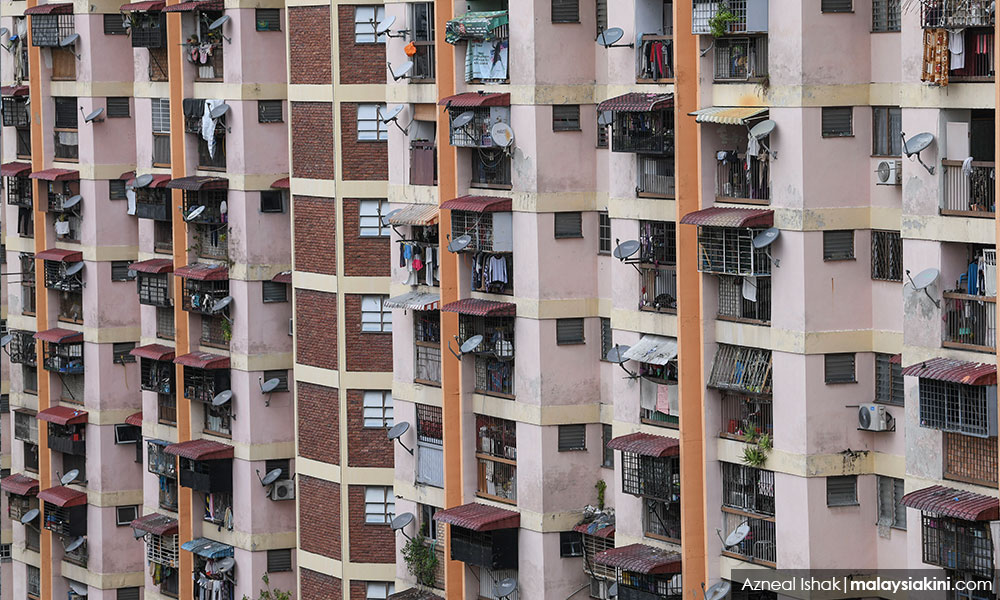
Should they also be charged for negligence?
We could be Sam Ke Ting, and we could be the parents
Like many, I am aggrieved by the judgment against Sam Ke Ting.
She could have been me, driving down a highway within the speed limit, returning home from a late work assignment, and then chancing upon a group of teenage cyclists who came out of nowhere.
And all the same, those parents could also be me, unaware that my teenage son has snuck out of the home while I was asleep, then awoken by police with the worst news any parent could hear.
In desperately trying to find a villain, perhaps we don’t realise that it is possible that this story only has victims.
They are the young lives extinguished tragically before their time, a young woman just starting out as an adult only to now live with this trauma for the rest of her life whether or not she is jailed, and parents who for all their living years will ask themselves the question, “Why didn’t I know he was out that night?”
AIDILA RAZAK is a member of the Malaysiakini team.
No comments:
Post a Comment